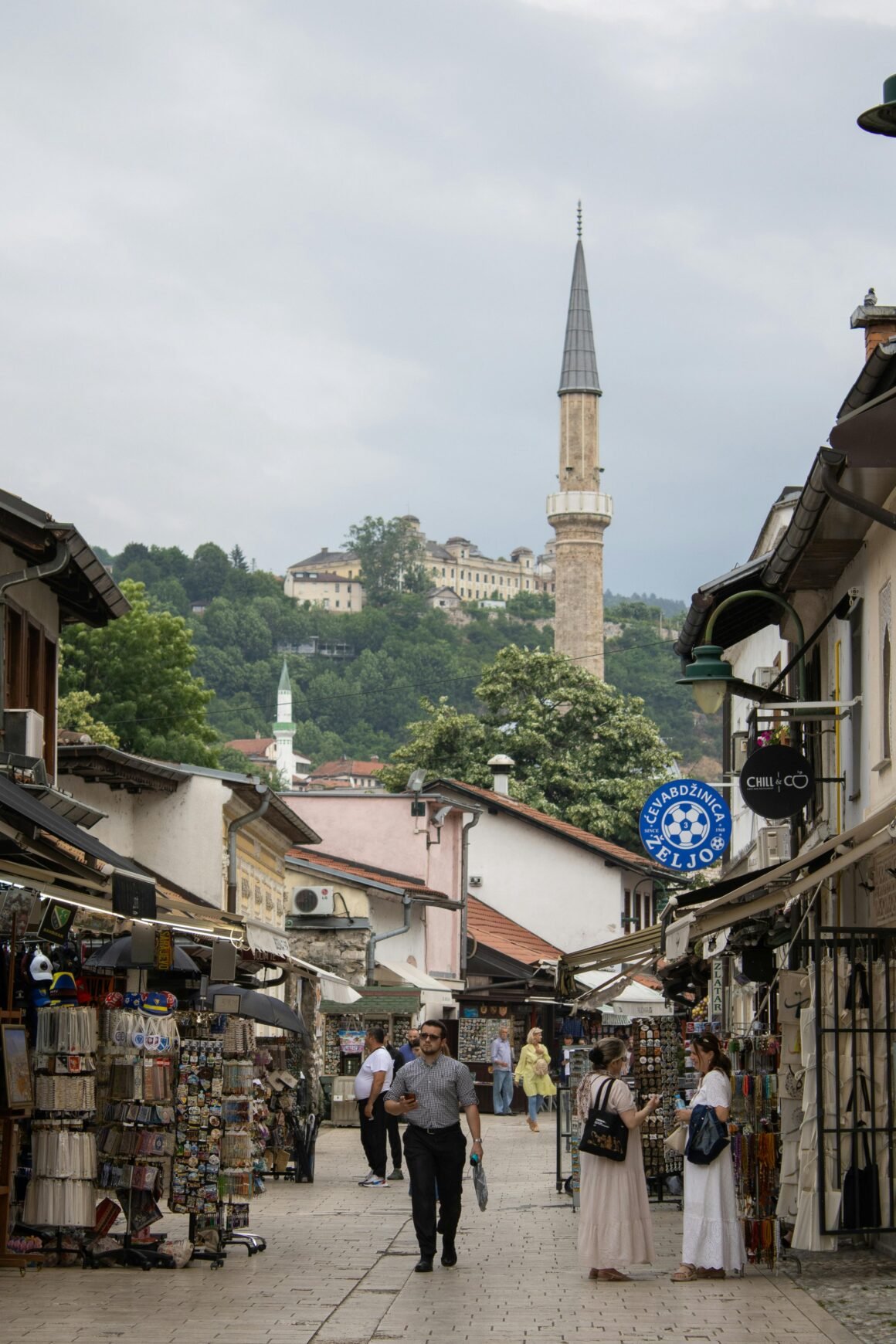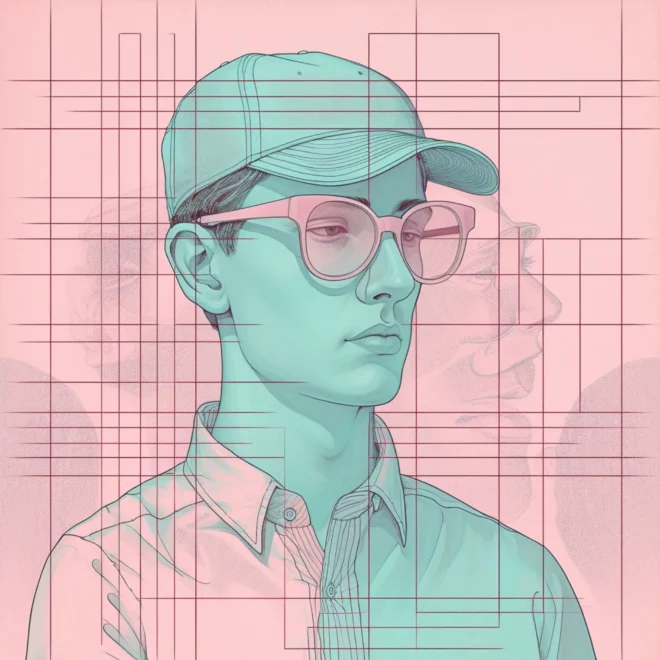I just left Serbia and decided to head to Sarajevo, Bosnia and Herzegovina.
Yesterday broke my heart.
I visited the Museum of Genocide in Sarajevo, and I left shaken. I couldn’t stop crying.
The air inside felt heavy, like it carried the grief of thousands.
It drained me. Completely.
I walked through rooms filled with chilling evidence ~ videos, photos, documents.
Actual footage of children being shot. Letters from victims.
Records of cruelty that no human should ever be capable of.
Are these for real? How come they recorded this and still have a copy of this?
How could this happen?
How could people who once shared neighborhoods, friendships, even family ties… turn on each other like this?
Bosniaks, Serbs, Croats ~ different religions, but the same South Slavic roots.
The same land. The same language. The same bloodlines.
And yet, war carved a deep divide between them.
The Cost of Fear, Propaganda, and Unhealed Trauma
What stood out to me most wasn’t just the horror of the genocide, but the deep fear and trauma that came before it.
Some historians say the violence was, in part, a reaction to old wounds.
The fear of being erased.
The inherited pain from atrocities like those at Jasenovac ~ a Nazi-aligned concentration camp in WWII, left psychological scars, especially among the Serbs.
Instead of healing, that pain metastasized.
Manipulated by propaganda.
Used by power-hungry leaders to pit neighbor against neighbor.
It doesn’t excuse the atrocities.
But it makes one thing painfully clear:
Hurt people can hurt others ~
especially when they are told they must, in order to survive.
I keep returning to the question:
What makes someone cross the line between victim and perpetrator?
What happens when fear drowns empathy?
Seeing the Present With the Past in Mind
Today in Bosnia, the divisions still quietly linger.
Bosniaks are Muslim.
Serbs are Orthodox.
Croats are Catholic.
And yet, beneath those labels ~ they are still one people. One race.
I see them on the streets, in cafés, living their lives, side by side.
But I also feel the weight of everything unspoken.
They don’t just carry the trauma of the war, they carry the weight of being misunderstood by the rest of the world.
Often reduced to headlines, simplified into villains, or dismissed as
“just another conflict zone.”
But they’re not.
They are people who’ve endured more than many of us can imagine.
So, How Do We Tell These Stories Fairly?
I ask myself that a lot.
I’m not from here. I’m a visitor.
So what right do I have to write about this?
But I believe that witnessing comes with responsibility.
And part of that responsibility is to tell the truth with empathy. Not just for the victims,
but even for those whose actions we struggle to understand.
Empathy doesn’t mean excusing.
It means looking deeper.
It means recognising that division is rarely born from nowhere.
It’s built ~ slowly ~
through pain, fear, manipulation, and silence.
Final Thoughts
I don’t have the answers.
But I know that if we only see one side, we risk repeating the same mistakes.
So I leave that day with a broken heart, but also with eyes wide open.
More than ever, I believe that healing can only begin when we choose to see all sides, name the pain, and refuse to inherit the hate of the past.
If you’ve ever been to Sarajevo or learned about this history, I’d love to hear your thoughts. Let’s keep the conversation open ~ honest, nuanced, and human.
Love from a curious soul,
Abie



Nicely put together! I like to hear the outsider/foreign perspective on the Balkan things.
The thing is, you can’t even begin to comprehend the level of complexity we have in our environment, past & present, but maybe that’s the key to draw the line, the line we ourselves are not able to draw.
Cheers!
I hear you, the Balkans has layers that even those who’ve lived it all their lives still wrestle with. I wouldn’t claim to ‘fully’ comprehend it, but maybe that’s why I write, to share what it looks like from the outside looking in, and to keep learning from those who’ve been inside it all along.
Thanks for reading and adding to the conversation. 🙂